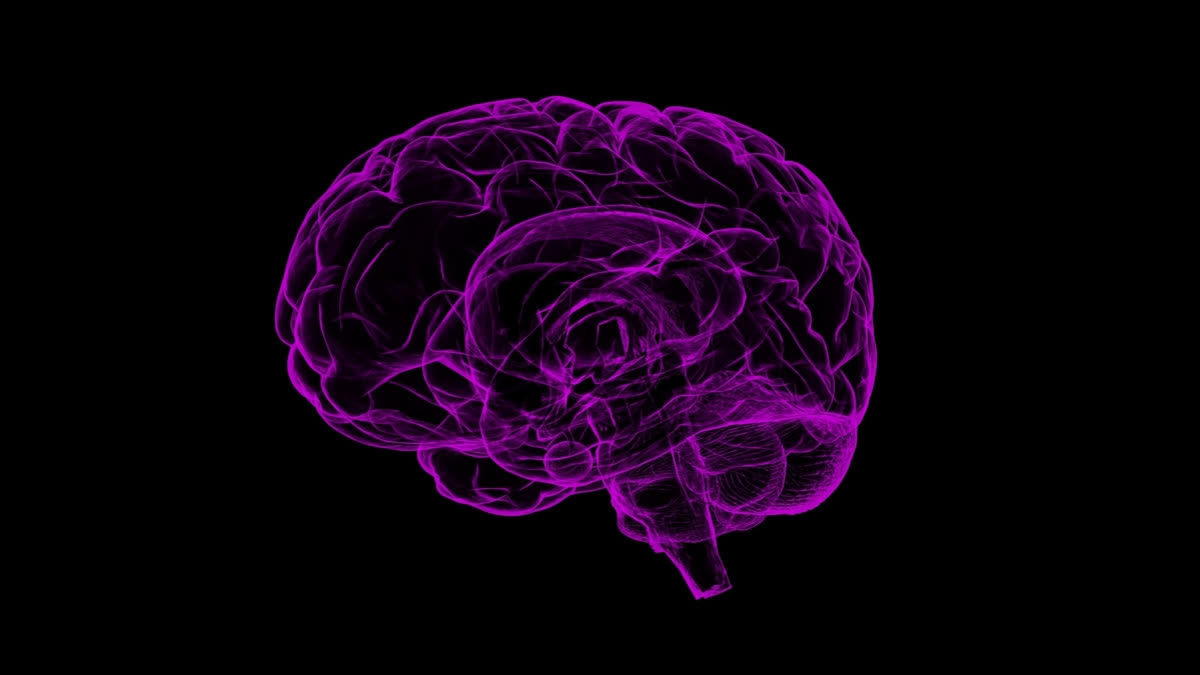San Francisco: Researchers have identified how healthy neurons metabolise glucose, an advance which may have implications for understanding neurodegenerative diseases like Alzheimer's and Parkinson's. The human brain has a sweet tooth, burning through nearly one quarter of the body's sugar energy, or glucose, each day. The team from Gladstone Institutes and University of California-San Francisco (UCSF) shed new light on exactly how neurons - the cells that send electrical signals through the brain - consume and metabolise glucose, as well as how these cells adapt to glucose shortages.
"We already knew that the brain requires a lot of glucose, but it had been unclear how much neurons themselves rely on glucose and what methods they use to break the sugar down," said Ken Nakamura, Associate Investigator at Gladstone, a US-based non-profit research organisation. "Now, we have a much better understanding of the basic fuel that makes neurons run." Past studies have established that the brain's uptake of glucose is decreased in the early stages of neurodegenerative diseases like Alzheimer's and Parkinson's.
The new findings, published in the journal Cell Reports, could lead to the discovery of new therapeutic approaches for those diseases and contribute to a better understanding of how to keep the brain healthy as it ages. Scientists have long debated what happens to glucose in the brain, and many have suggested that neurons themselves don't metabolise the sugar. They instead proposed that glial cells consume most of the glucose and then fuel neurons indirectly by passing them a metabolic product of glucose called lactate.
Also read:Indian study shows Covid XBB.1.16 raising conjunctivitis risk in infants
